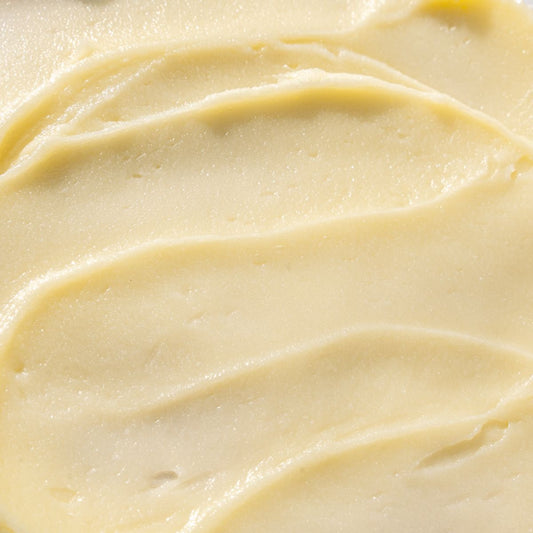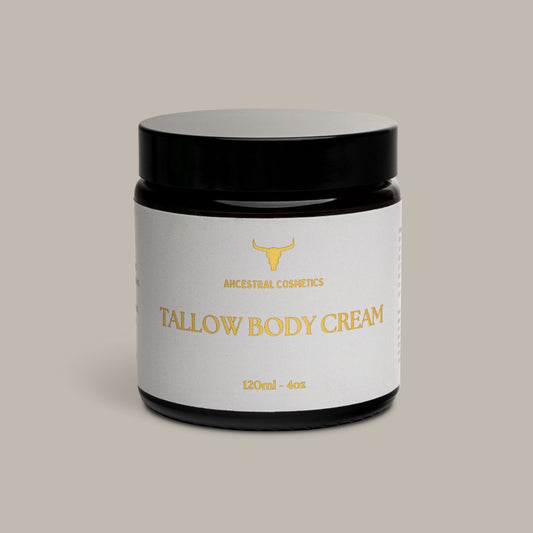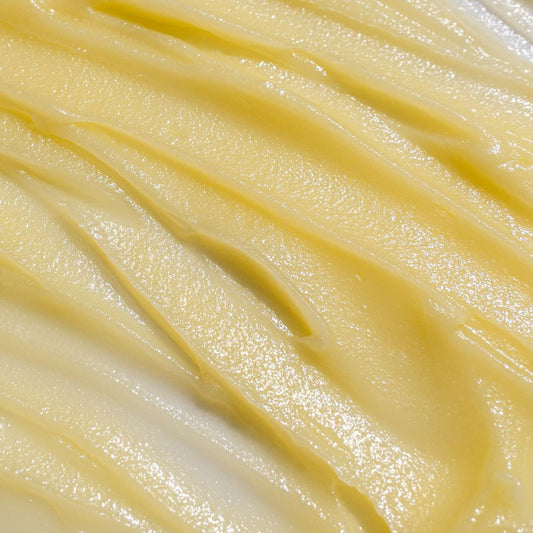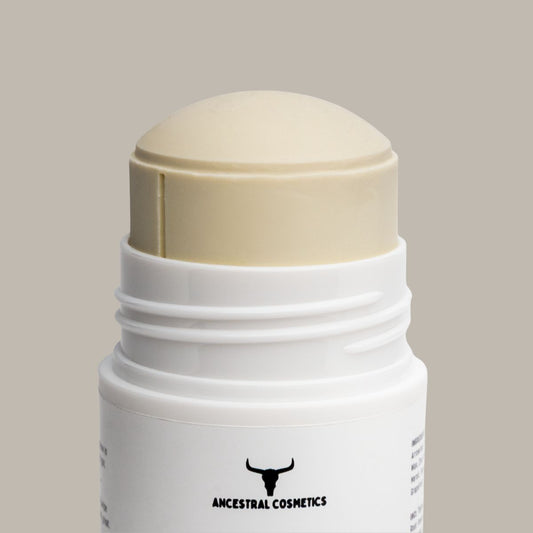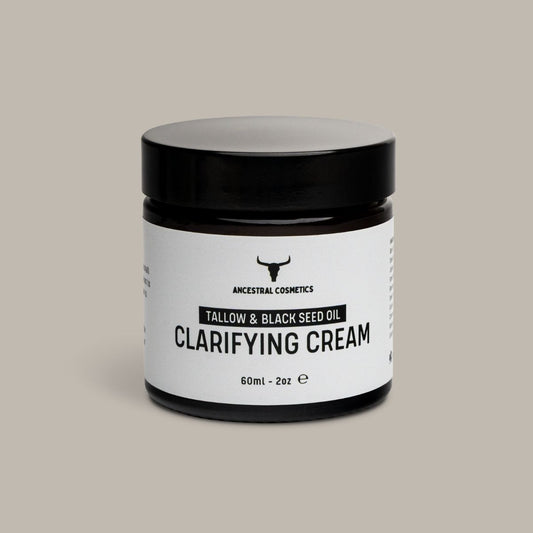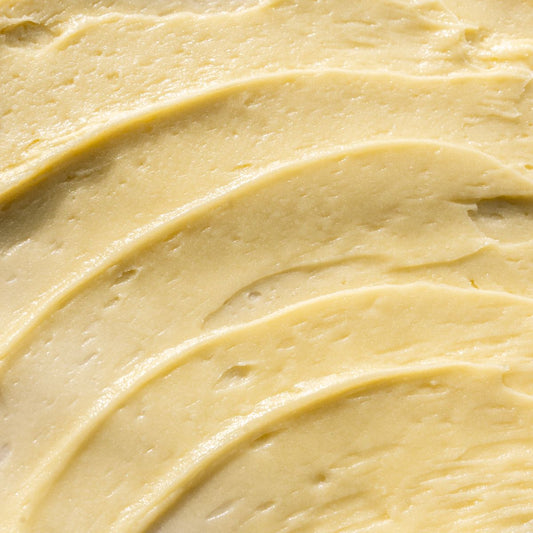Did you know that soap exists for almost 5000 years?
But we are putting synthetic stuff in them for only 100 years.
Why?
People always needed to clean themselves. Being clean was a sign of wealth throughout most of our history.
Early humans bathed in rivers and lakes.
But with civilization developing into cities the need was there for a different approach.

The early soaps
The Earliest recorded use of a soap-like substance dates back to 2800 BC in ancient Babylon.
It was a mix of animal fats (tallow and lard) and ashes. They boiled them together and got a substance they can use to wash themselves.
Egyptians improved the recipe by using alkaline salts and oils but also often added ashes to the mixture.
The area of ancient Israel is rich in olive oil quickly realized that it makes a perfect base for soap. And it’s one being often used today in natural soaps.
They would also add essential oils to the mixture to counter the smell of animal fats.
A similar mixture of animal fats, ashes and oils was used throughout history to produce soaps.
In the early centuries, soaps were a luxury and a sign of wealth.
Poor people were making basic soaps with ashes while the elite had their soap makers and nice smelling soaps that included essential oils and flowers.
What’s crazy is they were literally making soaps like pictured above, in a cast iron pot over an open fire.
And despite that those soaps were way better for our skin than most synthetic stuff we produce today with all high-tech equipment & factories.
But how did we get to that?

Modern soaps
In the modern era of 1886. two brothers bought a small soap-making shop in Warrington, England.
They discovered that instead of tallow and olive oil, they could use cheaper vegetable oils such as palm oil and glycerin to make soap.
The brothers' names were William & James Lever. The company became hugely successful and was producing 450 tons of soap by 1888.
Three years later they opened their first USA office. By 1929. they employed more than 1400 people and were the largest soap maker in the world.
The company name was Lever Brothers and after merging with a Dutch margarine producer they became known as Unilever.

From this point forward it was all seed oils when it comes to commercial soap making.
The same thing that happened to food in the last 150 years also happened to our beauty products.
Machine lubricants known as seed or vegetable oils were slowly added to more and more products. And marketing machine pushed the narrative that this is better and healthier.
Big business and economy of scale prevailed over common sense for the past few generations which slowly but surely embraced this new reality.
Companies like Unilever destroyed the natural soaps and in the process because giant corporations with massive profits.
Unilever became the giant corporation it remains to this day.
In 2022 Unilever had $56 billion in annual revenue and employed 150,000 people. You can buy their products in 190 countries.
13 of their brands each make more than a billion $ in sales every year.

Their main goal is to continue increasing their profits. So they use the cheapest ingredients available.
- Sodium Lauryl Sulfate (SLS)
- Glycerin
- Seed oils
And while those ingredients are cheap and convenient for them to produce on a large scale, they’re anything but healthy.
Sodium Lauryl Sulfate
Sodium Lauryl Sulfate (SLS) has been linked to cancer, neurotoxicity, organ toxicity, skin irritation and endocrine disruption.
It’s the foaming agent - the thing that makes the soap foam.
It’s used in just about every beauty product out there - from soaps to toothpaste.
Glycerin
Glycerin is a byproduct of biodiesel production and is found everywhere - from food to rocket fuel.
In the food industry, it’s used as a sweetener.
In cosmetics, it’s used as a humectant due to its moisture-retaining properties.
But as nitroglycerin its also used in rockets & missile fuel due to its explosive reaction.
A natural source of glycerin is found in soybean, coconut & palm oil, or even beef tallow.
But the issue is that large majority of glycerin used today comes as byproduct of biodiesel production since real natural glycerin is of variable quality and expensive to refine.
It’s also called glycerol or glycerine.
Seed oils
Instead of more expensive animal fats large corporations started using cheap seed (vegetable) oils in their products.
Palm oil, sunflower oil and canola (rapeseed) oil are just some of them.
The problem with these oils is that they cannot be extracted to a high yield using the conventional cold-press method. To get the high yield and therefore the cheap price companies will use a chemical solvent to literally dissolve the mushed plant material into something that resembles the oil.
Small amount of this solvent remains in the oils.
The solvent of choice is primarily hexane, a substance linked to cancers and a known hormone disruptor.
Conclusion
But times are changing.
Modern science (when not bought) clearly shows the results of this.
We are getting fatter and sicker than ever before in the history of humankind.
They are poisoning our food, our clothes and our cosmetics too.
So if you want a natural product that wind harm you look away from companies like Unilever.
Avoid every beauty product whose ingredients start with water & glycerin.
Avoid SLS & it’s alternatives.
Use natural soaps made using cold process & quality oils.
🐄 Tallow
🫒 Olive oil
🥥 Coconut oil
The same oils you use for cooking should be in your beauty products too.
Some of our products using these high-quality natural fats are linked below.



